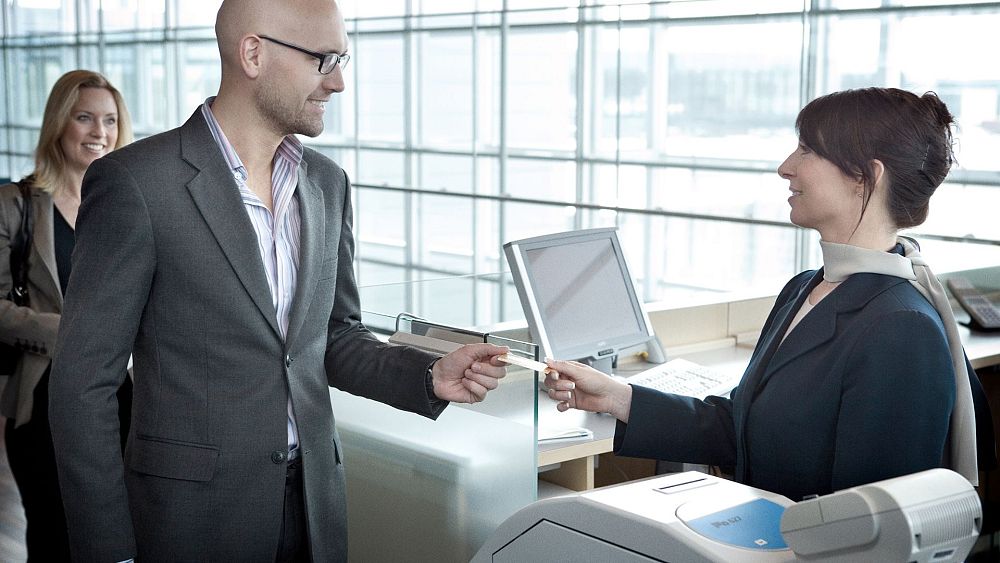Scandinavian Airlines started selling tickets today for flights on electric-powered aircraft.
There were 30 seats available on the three inaugural flights which quickly sold out after booking opened.
But ticket holders won't know where they'll depart from, on what date or what aircraft they'll be flying on - as they aren't built yet.
What will the electric aircraft be like?
Low and zero-emissions flights are still some way off. As a result, SAS' electric aircraft are still being designed.
The airline says they have "multiple initiatives underway towards zero-emission flights" so "the final decision is not made with regards to which electric aircraft will operate the specific first flight."
It's also not confirmed when the flights will go, with the airline saying "the first electric flight...is estimated to be carried out in 2028."
How much will the flights cost and when will they depart?
Tickets cost the same amount regardless of currency, amounting to SEK/NOK/DKK 1,946. The figure is a tribute to the year SAS started flying.
The airline says that the day and place of departure will be communicated to travellers by email once decided.
Online reservations opened here today but tickets quickly sold out with zero now remaining. Travellers still keen to book a ticket can sign up for a mailing list which will notify them if more become available.
Why are SAS planning electric flights?
SAS aims to be net-zero emissions by 2050.
In 2019, they partnered with Airbus to develop low and zero-emission commercial aircraft.
Anko van der Werff, President and CEO of SAS explains their latest innovation saying, "Since its inception in 1946, SAS has been one of the pioneers in the airline industry, being for instance the first commercial airline operator to fly over the North Pole to significantly shorten flight time between continents.
"The fact that we can now invite our passengers to the next major milestone in the future of aviation is a natural continuation of that pioneering spirit and a significant step on our journey towards more sustainable aviation."


